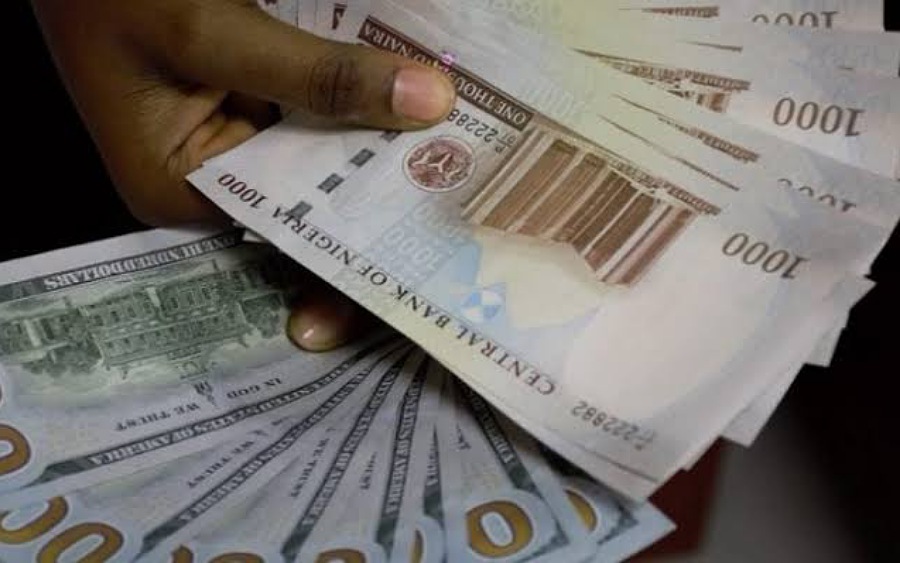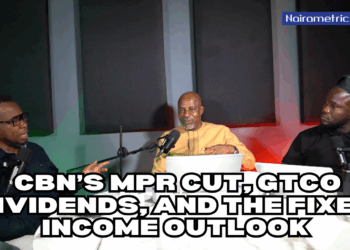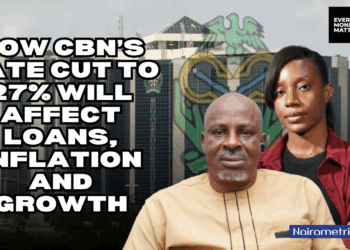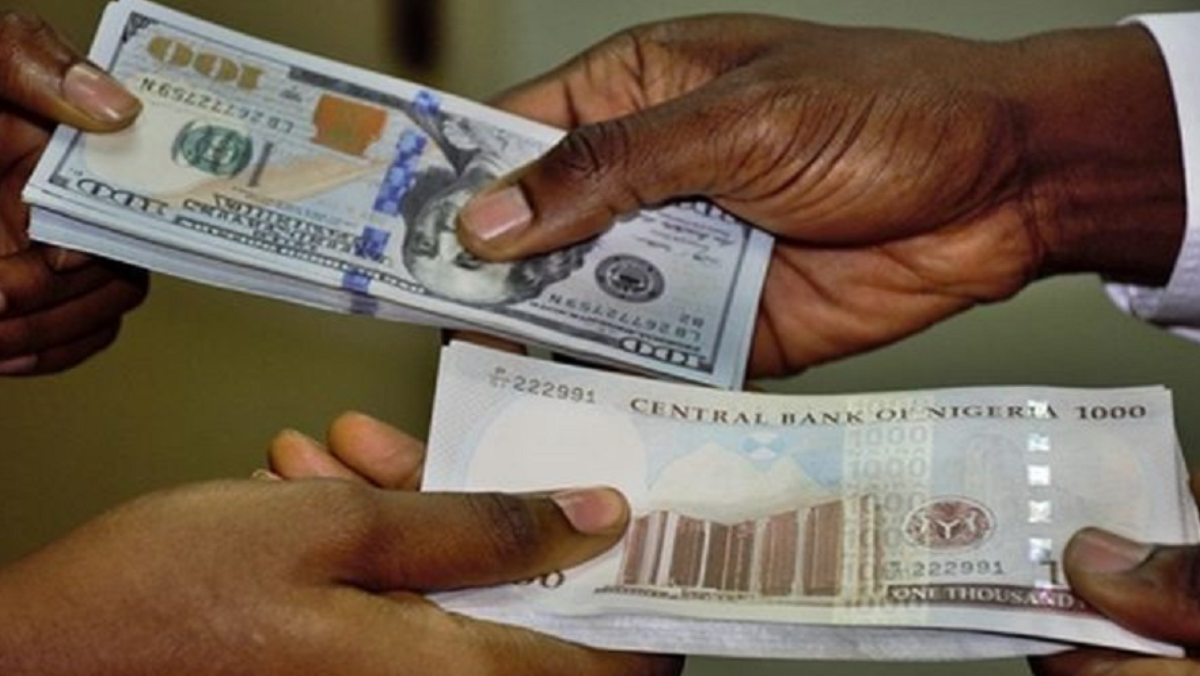- Foreign exchange traders at the official investor and exporter window express concerns over persistent forex trading at intra-day lows of around N460-N465/$1, suspecting possible foul play and market manipulation.
- The exchange rate between the naira and dollar closes at N763/$1 but experiences intra-day lows of N467/$1 and intra-day highs of N841/$1, creating significant disparities and raising suspicions among traders.
- Traders and experts believe that while some of the trades may be linked to remnants of previous policies, the prolonged duration of these disparities calls for investigation, and regulators are prepared to launch an inquiry if the trade disparities continue into July.
Foreign exchange traders at the official investor and exporter window have raised concerns about the persistent trade of forex at an intra-day low of approximately N460-N465/$1.
The exchange rate between the naira and dollar closed at N763/$1 on Tuesday, June 27th, 2023, but experienced an intra-day low of N467/$1 and an intra-day high of N841/$1.
The significant disparity between the intra-day highs, intra-day lows, and the closing rate has left traders suspicious, with some suspecting foul play, according to sources from Nairametrics.
Investigations by Nairametrics have revealed that these trades are indeed real, as some individuals have bought forex at the intra-day lows and highs, further fueling suspicions.
A currency trader, speaking anonymously to Nairametrics to avoid penalties, expressed concern that the trades do not align with market realities and should be subject to investigation.
They questioned, “How can someone buy or sell forex at rates as high as N840/$1?”
The trader also suspected that the trades may have been orchestrated by forex dealers seeking to weaken the exchange rate.
Another trader voiced concerns over the intra-day lows around “four sixty-something,” which significantly deviate from the closing price of N763, pondering, “If someone is buying at N463/$1, then who is selling?” They also questioned why such low prices still persisted even after ten trading days.
Nairametrics also interviewed a foreign currency market expert who shed light on the reason why the exchange rate continues to be sold at around N460/$1, even two weeks after the revision of the foreign currency market.
According to the expert, these trades stem from the remnants of the old RT 200 policy, which was in effect before the central bank amended the market rules, effectively canceling it. However, some of the contracts had already been agreed upon, necessitating their settlement.
In February 2022, the CBN officially announced the launch of the RT200 FX Programme, aiming to accumulate US$200 billion in Foreign Exchange earnings over the next 3-5 years from non-oil proceeds.
The policy offered N65 for every US$1 repatriated and sold to Authorised Dealer Banks (ADBs) through the Investors & Exporters FX window for third-party use, and N35 for every US$1 repatriated and sold into the I&E window for “own” use in eligible transactions.
Nonetheless, some traders believe that although the explanation is plausible, such trades should have ceased within 48-72 hours (approximately 3 days) after the revised I&E window was introduced.
Nairametrics has also learned that regulators are closely examining the prevalence of these trades and may initiate an investigation if such disparities persist into July. A regulator, requesting anonymity, has confirmed that the trades are being reviewed for any fraudulent activity.
Optics: The ongoing concerns among foreign exchange traders regarding the persistently low exchange rates at the investor and exporter window highlight the need for further investigation and clarity.
- While some trades may be linked to the remnants of previous policies, the extended duration of these disparities raises suspicions of possible market manipulation.
- Regulators are taking note of the situation and are prepared to launch an investigation if the trade disparities continue into July.
- It is crucial for transparency and market stability that any potential foul play is addressed promptly, ensuring a fair and reliable foreign exchange market for all participants.



























Forward contracts.